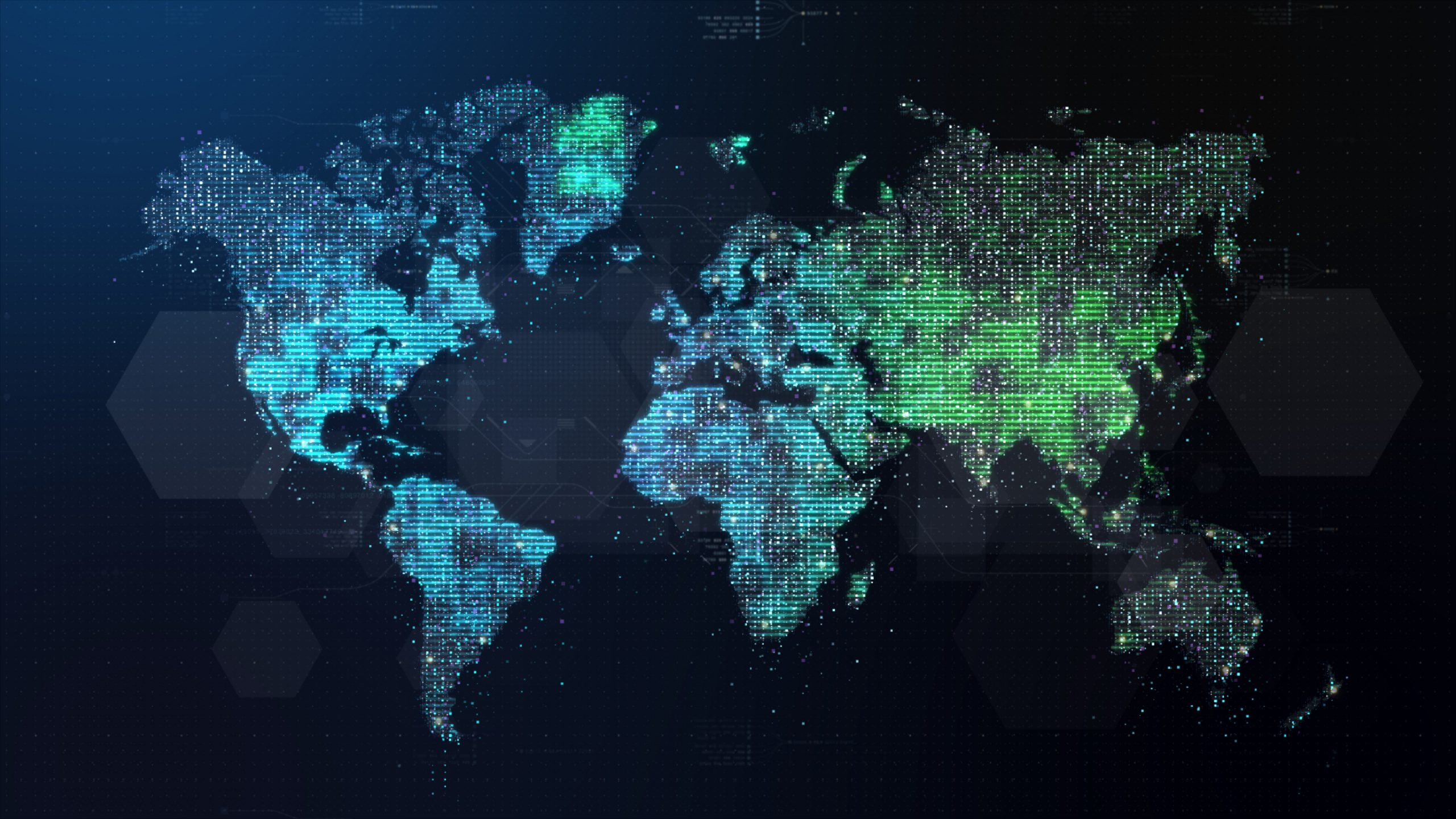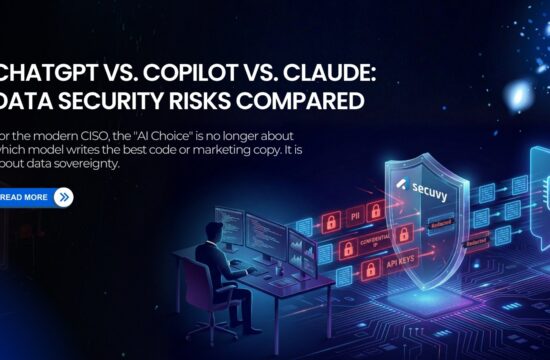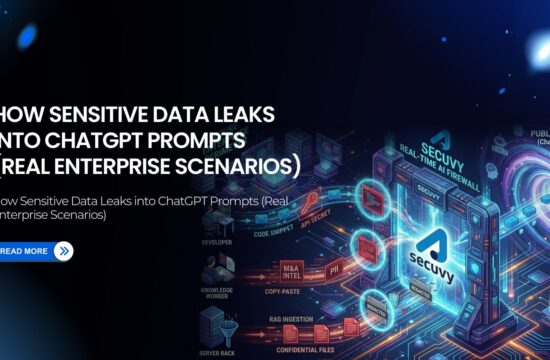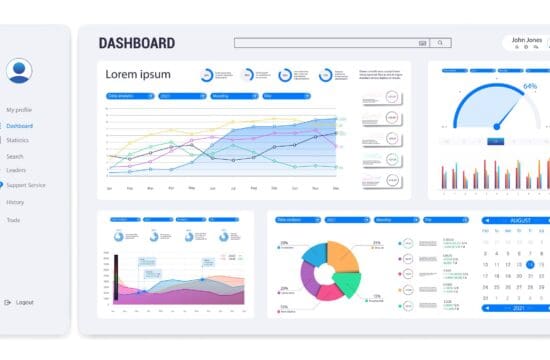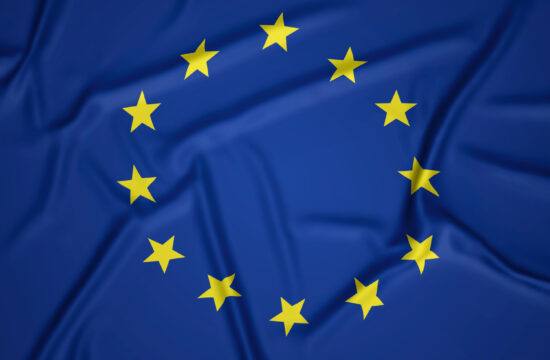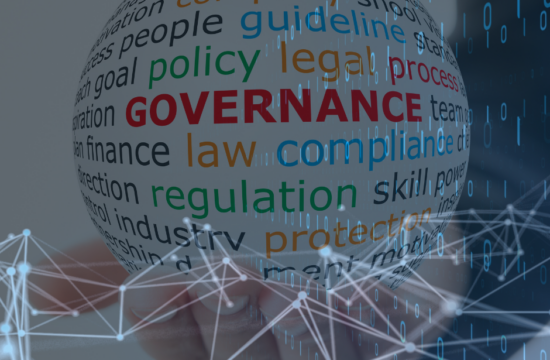What 2022 Entails for Data Privacy
As much as digitalization is sweeping the world in a wave, there is an increasing need to secure and protect the volumes of data being stored and transacted online. In that strength and essence, countries the world over are stepping up to formulate and enforce data privacy laws to safeguard the personally identifiable information of their citizens.
This imperative need is highlighted by Gartner’s study on the issue, highlighting that 65% of the population of the world, by 2023, would have their data protected by some or the other form of privacy protection law.
With that said, it isn’t a level playfield, as some countries have privacy protection laws that aren’t as holistic or robust as others. Let’s take a look at the various data protection laws and measures in place at the global level, after understanding what privacy and data protection means.
What are Data Privacy and Privacy Laws?
With the increase in the online exchange of data, consumers have been releasing a massive quantum of personal information onto various sources on the web. In order to ensure that their personal/private data remains that way (in other words, remains protected from theft, misuse, or use without consent), there are certain legally binding regulations and laws in place.
As a way to protect user interests and promote ethics when transacting in data, privacy laws encourage transparent and informed exchange of information between organizations and consumers, with the consent aspect resting solely with the consumer. Privacy laws thus help create a safe online environment for users.
Privacy Trends in 2021 and 2022
With the surge in data creation in the past two years, internet privacy concerns have also increased. The major data privacy trends that governed 2021 are now, in 2022, set to amplify and transcend into a more global entity.
- Privacy technology like cryptographic algorithms and data masking grew exponentially in 2021. According to Mordor Intelligence, the data masking market is predicted to grow at a CAGR of 13.69% between 2020 and 2025. In 2022, such technologies are expected to assume center stage in helping organizations make the most out of their data
- While 2020 and 2021 saw very localized/regionalized data privacy regulation, it is highly likely that a global regulation or protocol (like GDPR, the regulation with the widest coverage yet) might be constituted in 2022
- Forbes recounted that big organizations are now more on board with consumer privacy protection, naming Apple and Google as the trailblazers in requiring user consent before apps can track their data
- According to a study by Pew Research, privacy concerns keep 52% of individuals from accessing a product or service; in 2022, consumer expectations from privacy rules and regulations are expected to rise
- According to Reuters, Amazon has had to pay up the highest GDPR fine yet – that of $887 million; China’s PIPL has a penalty of 5% of the annual business revenue. The numbers hint at regulatory fines only increasing in the future
- With evolving data protection needs, the role of the Data Protection Officer will assume central importance.
Global Privacy Laws
Privacy Laws in Africa
Africa is rising to the challenge of data privacy by putting mechanisms in place that are effective and stringent.
- The Republic of Rwanda has now guaranteed the right to privacy as a fundamental right.
- The Republic of South Africa has the Protection of Personal Information Act, 2013, that deploys an Information Regulator – an impartial, just official to oversee, educate, and enforce compliance.
- The Republic of Kenya’s Data Protection Act is one-of-a-kind, providing a framework of guidelines on the behavior and management of personally identifiable data.
- The Federal Republic of Nigeria has established the Nigerian Data Protection Regulation, which has provisions for collecting, handling, and managing user data.
Privacy Laws in the Asia-Pacific Region
According to UNCTAD, 34 out of 60 countries have a data protection and privacy legislation in place in the Asia-Pacific region.
- In Australia, the Privacy Act, 1988 governs data privacy by regulating private sector organizations and agencies of the federal government.
- China has recently put the Personal Information Protection Law in place with a framework of how internal or external companies can collect and process personal data.
- In India, data privacy is governed by the IT Rules, 2011. The BIS issues a certification (IS 17428) to organizations for upholding and adhering to prescribed data privacy standards.
- Sri Lanka has joined the ranks by publishing its Processing of Personal Data Bill in the official gazette in November ’21 – it was to be presented to the Parliament in January ’22.
Privacy Laws in Canada
The data protection laws of Canada – namely, Bill C-11 for the Digital Charter Implementation Act, 2020 and Bill 64, An Act to modernize legislative provisions as regards the protection of personal information – are quite exhaustive and complicated, to say the least, as they include statutes for both general and sector-specific applications. Mandatory reporting may also be necessary under some statutes.
Privacy Laws in Europe
Europe has a staggeringly high percentage of data privacy law enactments – 44 of 45 countries have regulations established. The most expansive coverage is that of the General Data Protection Regulation – the GDPR – as it covers the entirety of Europe and the EEA (European Economic Areas) as well. The GDPR exhaustively covers data processing, considerations for “consent” in its essence, the territorial concept of data, and the legal understanding of acceptable data usage.
Countries like Germany and Switzerland have their own data privacy laws in place. For Germany, they are maintained under the GDPR.
Privacy Laws in the Middle East
The UAE made an iconic move in December ’21 by publishing its first federal data protection law. The implementation draws heavily from the GDPR of Europe in the context of data processing and the principles of data protection, as well as the duties, roles, and responsibilities of the Data Protection Officer. It does limit the legal premises for organizations to leverage data collection.
Privacy Laws in the USA
The USA doesn’t have one federal privacy law or regulation to provide guidance or act as a framework for data privacy for all its states. Instead, there are a collection of sectoral rules and laws like HIPAA, FCRA, COPPA, and many more that govern, like an umbrella, the privacy of data of all sorts and types. Out of 50 states, only 4 have state privacy legislations that have been signed. The bills have been introduced in 3 states, including Georgia and the Hawaiian Islands. In all the remaining states, the bills are still in committee.
Conclusion
While privacy trends keep changing year on year, the essence remains the same: consumers want their personal data to be guarded by consent and the law.
Organizations are stepping up to the challenge of ethical data use, and governments are taking measures to ensure that privacy laws are enforced to engender a positive impact on how data is handled globally.
The complexity inherent in data privacy protection cannot be overlooked; in fact, many countries around the globe actively update and amend privacy laws to cover evolving threats or breaches.
Businesses are looking at automation solutions, such as Secuvy’s DSAR Robotic Automation, to streamline their data privacy ecosystem and assist with staying compliant.
